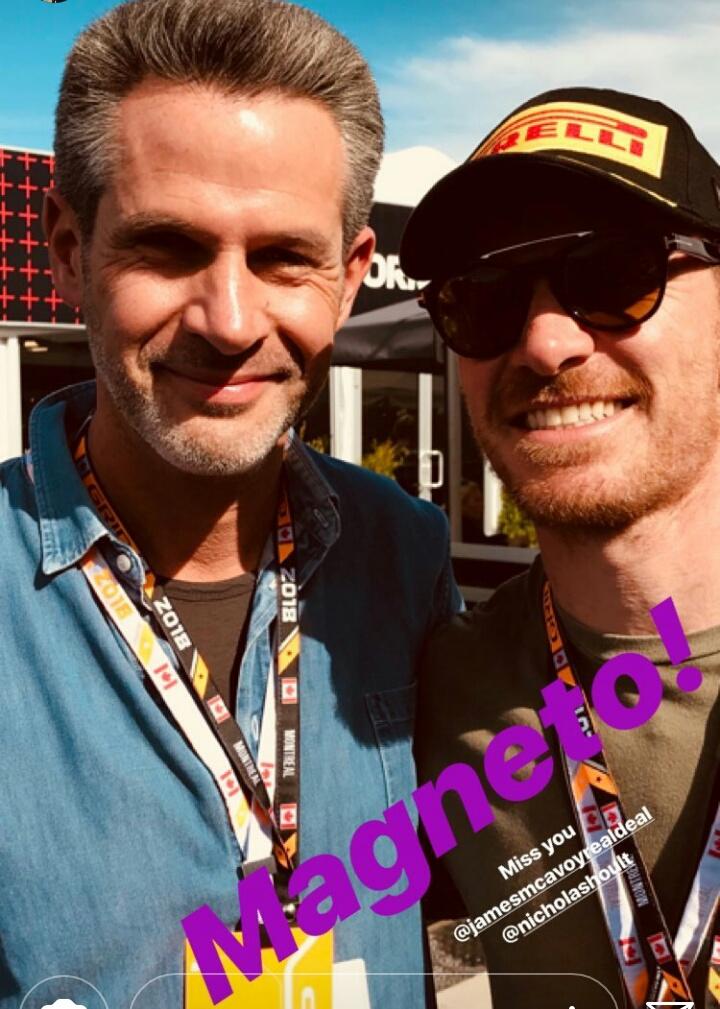Then introduce him to fan-fiction.
Is it wise to independently write a movie when 7 of the 9 films you wrote were poorly received? Four of those being catastrophic failures both critically and at the box office (XxX: State of the Union, Jumper, This Means War, Fantastic Four). A lot of money and time are spent on a movie. Persistence in failure is senseless and shameless.
Unfortunately, this is true. He should really just move on from screenwriting though; he's proven himself to be a competent producer, just stick with that.
While I really don't like Simon Kinberg's writing, its important to know the context behind all of those films.
xXx went under hasty rewrites to accommodate Ice Cube - yet, I still see Kinberg's fault because such rewrites wouldn't have been needed if Vin Diesel didn't absolutely hate his first screenplay.
Mr and Mrs. Smith is the best judgment of Simon Kinberg as a screenwriter since that is 100% him without bad rewrites or production delays. It has 59% and when I've talked to people about the movie, they generally liked it. I didn't.
Jumper is a David Goyer screenplay he was brought in to finish. So he was pretty much brought in to finish perhaps the ****tiest screenwriter's work.
Sherlock Holmes wasn't all him, but I do believe those sequences where Holmes is analytical of situations were something we know he did and was in an interview somewhere. I liked those situations, I'll admit.
This Means War was a situation like Jumper that he did because was also the producer on the film and wanted it to not lose too much money.
Abraham Lincoln Vampire Hunter was again like Jumper, where he tweaked the screenplay by Seth-Grahame Smith, another crappy writer.
X-Men: Days of Future Past - he first submitted a revised version of Jane Goldman's screenplay to director Matthew Vaughn. This screenplay is all around this forum. It completely licks in terms of dialogue. Bryan Singer mentioned in an interview how getting the dialogue right was a big thing for him. So the film we've got is one where Singer micromanaged Kinberg until he got the dialogue right.
Fantastic Four - after Josh Trank went off the rails, he pretty much had to commandeer the situation as a producer to make sure the film hit its release date. This meant hastily rewriting the screenplay. I can't really fault him for Josh Trank's abysmal directing and attitude.
X-Men: Apocalypse - this was originally written alongside Dougherty and Harris but Kinberg was rewriting it into production so they could hit their release date.
The situation is important, but out of all of that? I still feel like Kinberg is just not a good writer and that's looking at you Mr. Smith.



